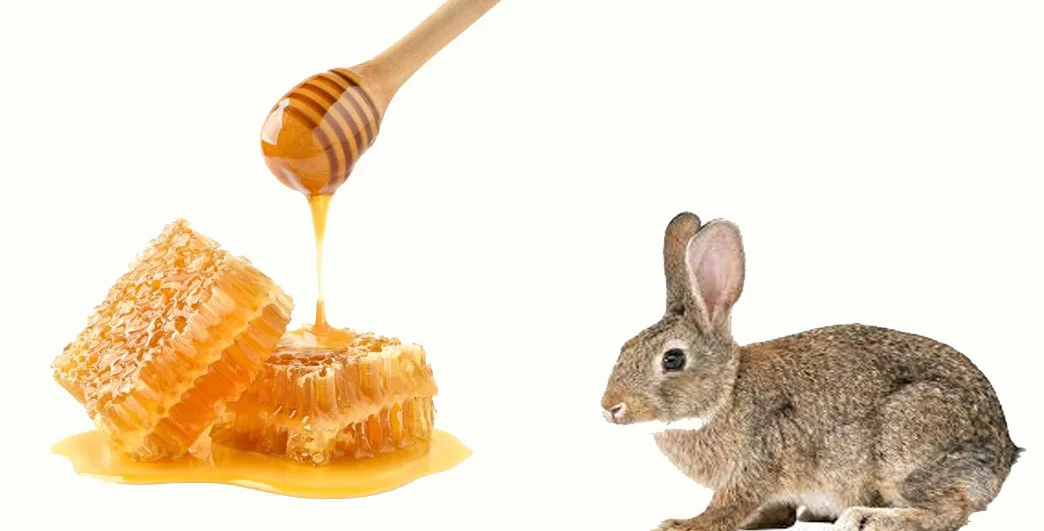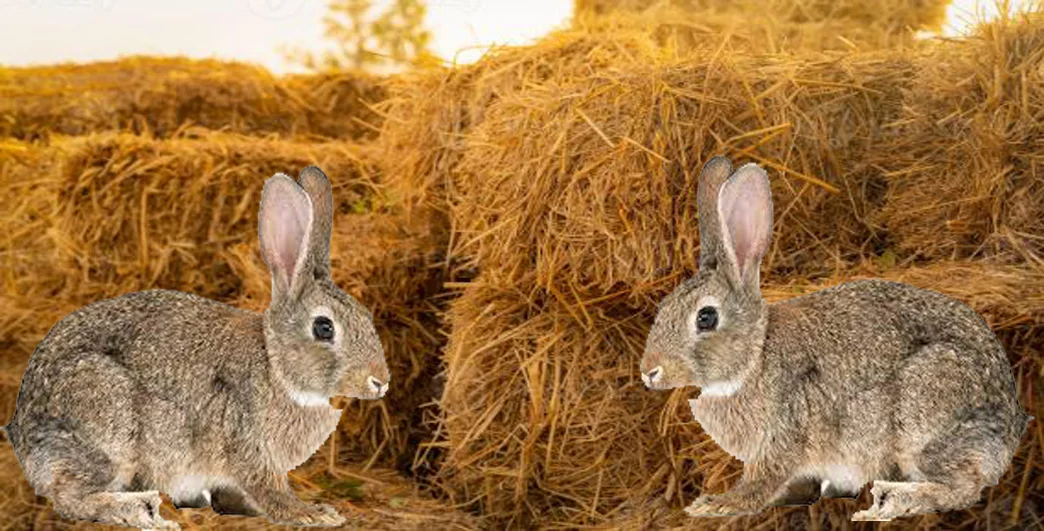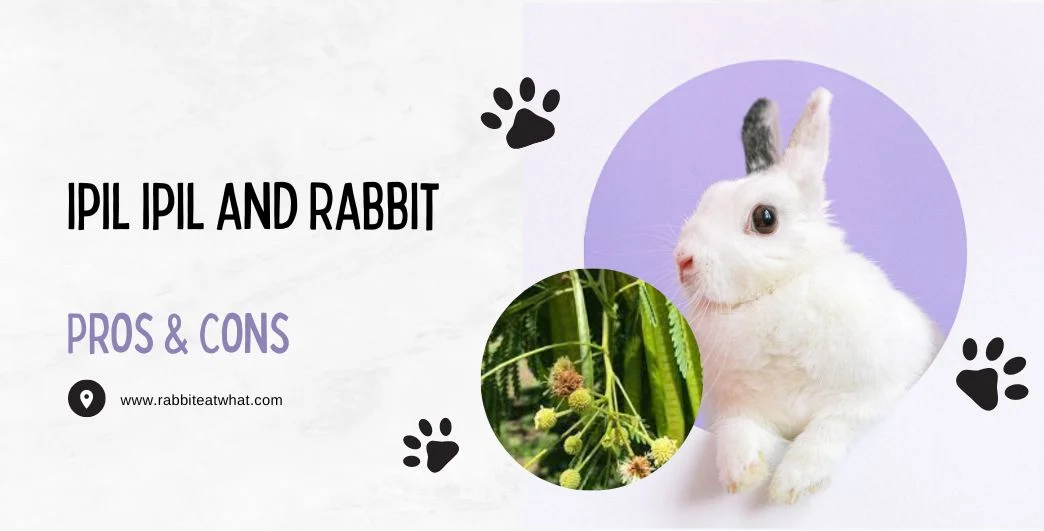If you’re a proud owner of a fluffy and adorable rabbit, you’ve probably wondered about the dietary choices that are safe and healthy for your furry friend. One such question that often arises is, “Can rabbits eat honey?” As a responsible pet owner, it’s crucial to understand the nutritional needs of your rabbit to ensure its well-being. In this article, we’ll delve into the world of rabbits’ diets and explore whether honey is a suitable addition.
Can Rabbits Eat Honey?
Rabbits are delightful and social creatures that require a well-balanced diet to thrive. As a rabbit owner, you’re tasked with ensuring your pet’s diet is not only delicious but also meets its nutritional needs.
The Rabbit Diet Basics
A rabbit’s diet primarily consists of high-fiber hay, fresh vegetables, and a small amount of high-quality rabbit pellets. Fiber is crucial for their digestive health, and their diet should mimic what they would consume in the wild.
Understanding Rabbits and Sweets
Rabbits have a sensitive digestive system that’s not well-suited for sugary or high-carbohydrate foods. While they might nibble on sweet treats if offered, it’s essential to remember that their systems are adapted to a herbivorous diet.
Nutritional Value of Honey
Honey is a natural sweetener and has several health benefits for humans, such as antioxidants and antimicrobial properties. However, when it comes to rabbits, the nutritional profile is different.
Can Rabbits Consume Honey?
In moderation, rabbits can technically consume a tiny amount of honey without immediate harm. Yet, it’s important to note that honey should never be a regular part of a rabbit’s diet.
Potential Risks of Feeding Honey
Honey is relatively high in natural sugars, which can disrupt a rabbit’s sensitive digestive system. Additionally, there’s a risk of introducing harmful bacteria or contaminants through honey.
Balanced Diet Alternatives
To ensure your rabbit’s health and happiness, focus on providing a well-balanced diet of hay, fresh vegetables like leafy greens, and rabbit pellets. These foods cater to their nutritional needs without compromising their digestive systems.
Introducing New Foods to Your Rabbit
If you’re considering introducing new foods to your rabbit’s diet, such as fruits or vegetables, it’s essential to do so gradually. This helps their digestive system adjust and minimizes the risk of gastrointestinal issues.
Signs of Allergic Reactions
Every rabbit is unique, and some may have allergies or sensitivities to certain foods. Keep an eye out for signs of allergic reactions, including changes in behavior, appetite, or stool quality.
Consulting a Veterinarian
Before making any significant changes to your rabbit’s diet, consult a veterinarian with expertise in small animals. They can provide personalized guidance based on your rabbit’s age, health condition, and dietary requirements.
In conclusion, while rabbits can technically have a tiny bit of honey without immediate harm, it’s best to avoid introducing honey into their diets due to its potential risks. Focus on providing a diet rich in hay, fresh vegetables, and rabbit pellets to ensure your furry friend’s health and well-being.
The Nutritional Value of Honeydew
Honeydew, with its high water content and natural sweetness, might seem like a tempting option for rabbits. This melon contains vitamins A and C, as well as potassium, which can be beneficial for their overall health. However, moderation is key, as honeydew is also relatively high in natural sugars.
Benefits of Offering Honeydew
In small quantities, honeydew can be a refreshing and hydrating treat for rabbits, especially during hot weather. The water content helps keep them hydrated, and the vitamins contribute to their well-being. Additionally, the sweetness can make it an enjoyable reward during training sessions or as an occasional snack.
Potential Risks and Precautions
While honeydew can offer some benefits, it’s essential to be cautious. The high sugar content can lead to digestive upset and even obesity if rabbits consume too much. Also, the fruit’s sugar might contribute to dental issues, a common concern for rabbits. Always remember that treats should constitute only a small portion of their diet.
FAQs
Q1: Can rabbits eat honey as a treat?
Rabbits can have a small amount of honey as an occasional treat, but it’s not recommended due to potential risks.
Q2: What are the risks of feeding honey to rabbits?
Feeding honey can disrupt a rabbit’s digestive system due to its sugar content and the risk of contaminants.
Q3: How can I introduce new foods to my rabbit’s diet?
Introduce new foods slowly and in small amounts to allow your rabbit’s digestive system to adjust.
Q4: What should I do if I suspect my rabbit is having an allergic reaction?
If you notice any unusual behavior, changes in appetite, or digestive issues, consult a veterinarian promptly.
Q5: Can I substitute honey with other sweet treats for my rabbit?
It’s best to avoid sweet treats altogether. Stick to a diet that primarily consists of hay, vegetables, and rabbit pellets.

I am a veterinarian and owner of 10 rabbits. I am serving as a veterinarian for 17 years, All the latest and most helpful information about their food and the pros and cons of feed and Healthy diet benefits. I educate pets, about proper animal care, disease prevention, and responsible pet ownership, perform surgeries, administer vaccinations, prescribe medications tailored to the specific needs of each animal, diagnose, and treat illnesses, and injuries in animals and providing medical care to ensure their well-being.



